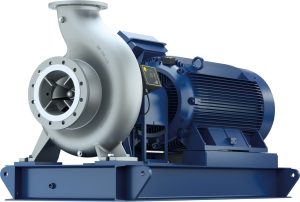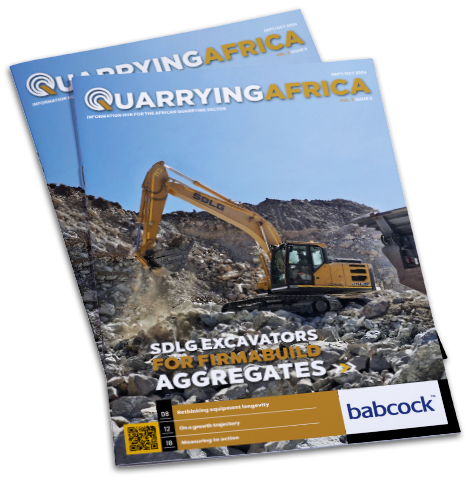Incorporating on-board weighing from Volvo Construction Equipment (Volvo CE) in load and haul operations is a game-changer for the construction industry. The system displays real-time load data on the Volvo Co-Pilot screen in the cab to avoid under- or overloading. Furthermore, on articulated haulers, external lights provide a visual signal to the operator of the loading unit when the nominal load has been reached. Here are just six of the benefits.
- Increased accuracy and precision
One of the key advantages of on-board weighing is its unparalleled accuracy and precision. Traditional methods of determining loads, such as weighing stations or scales, often involve interruptions in the workflow. In contrast, the real-time data from the Volvo system empowers operators to make informed decisions on the spot, optimising load capacities and reduces the risk of overloading. This not only improves operational efficiency but also ensures compliance with legal weight regulations, reducing the possibility of fines and penalties.
- Increased efficiency, lower fuel consumption and less wear
Efficiency is the backbone of any construction project. With on-board weighing, operators can load materials to the precise required weight, eliminating the need for unnecessary back-and-forth trips to load more materials or discard excess weight. This streamlined process leads to a significant reduction in fuel consumption, machinery wear and tear, and overall project time. By maximising efficiency, construction companies can enhance their bottom line and complete projects on schedule. The Operator Coaching app available together with on-board weighing through Volvo Co-Pilot with Load Assist further helps to improve efficiency.
- Improved safety
Safety is a paramount concern in the construction industry, and overloading equipment can pose significant risks to operators, other workers, and the machinery itself. On-board weighing helps ensure that each truckload remains within safe operating limits, reducing the likelihood of accidents and minimising the potential for injury or damage.
- Enhanced payload management
In load and haul operations, efficient payload management is essential for optimal performance. On-board weighing offers valuable insights into each hauler’s load, enabling operators to optimise payloads, balance loads evenly, and minimise idle time. Consequently, this efficient payload management leads to increased productivity, reduced cycle times, and better resource allocation.
- Data-driven decision making
In today’s data-driven world, having access to real-time information is crucial for informed decision-making. On-board weighing collects and presents valuable data on material weights, load cycles, and operator performance. Construction managers can use this data to identify patterns, optimise workflow, and implement improvements where necessary. Additionally, this data can be used for accurate project costing, resource planning, and performance evaluations, fostering a culture of continuous improvement.
- Reduced environmental impact
Besides the operational benefits, on-board weighing also contributes to environmental sustainability. By optimising load capacities and reducing fuel consumption, construction companies can minimise their carbon footprint. This aligns with the global shift towards eco-friendly practices, positively impacting the reputation of the company and attracting environmentally conscious clients.





